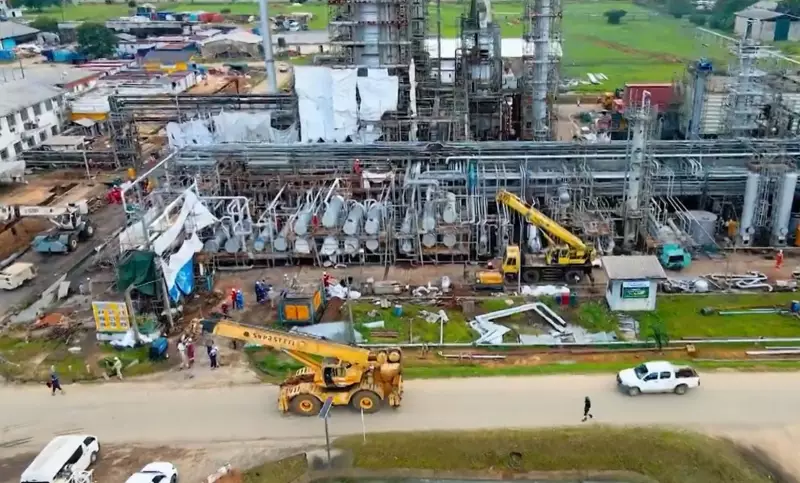
In a groundbreaking move that could transform Nigeria's energy landscape, the Federal Government is actively considering the sale of the nation's refineries to private investors. This strategic decision aims to inject much-needed competition into the petroleum sector and finally address the perennial challenge of fuel scarcity that has plagued Nigerians for decades.
Breaking the Refinery Cycle
The proposed sale represents a significant shift in government policy, moving away from the traditional model of state-owned refineries that have consistently underperformed despite numerous turnaround maintenance projects. Industry experts have long argued that private sector involvement is crucial for efficient operations and sustainable growth in the refining sector.
Expected Benefits for Nigerians
This bold initiative promises several potential advantages for the Nigerian economy and citizens:
- Elimination of fuel queues and consistent petroleum product availability
- Reduced reliance on expensive fuel imports that drain foreign reserves
- Creation of thousands of direct and indirect jobs in the energy sector
- Lower pump prices through increased competition among operators
- Technology transfer and modernization of refining infrastructure
Learning from Global Success Stories
The government's consideration follows successful refinery privatization models in other oil-producing nations where private ownership has led to improved efficiency, better maintenance culture, and increased profitability. The Dangote Refinery's impending full operation has already demonstrated the potential of private sector investment in Nigeria's downstream sector.
Stakeholder Reactions and Next Steps
While some labor unions have expressed concerns about potential job losses, most industry analysts have welcomed the move as a necessary step toward energy security. The government has assured that the process will be transparent and will include safeguards to protect national interests while attracting qualified investors with proven technical and financial capabilities.
As Nigeria positions itself to become a net exporter of refined petroleum products, this refinery sale consideration marks a pivotal moment in the country's economic history—one that could finally unlock the true potential of Africa's largest oil producer.





